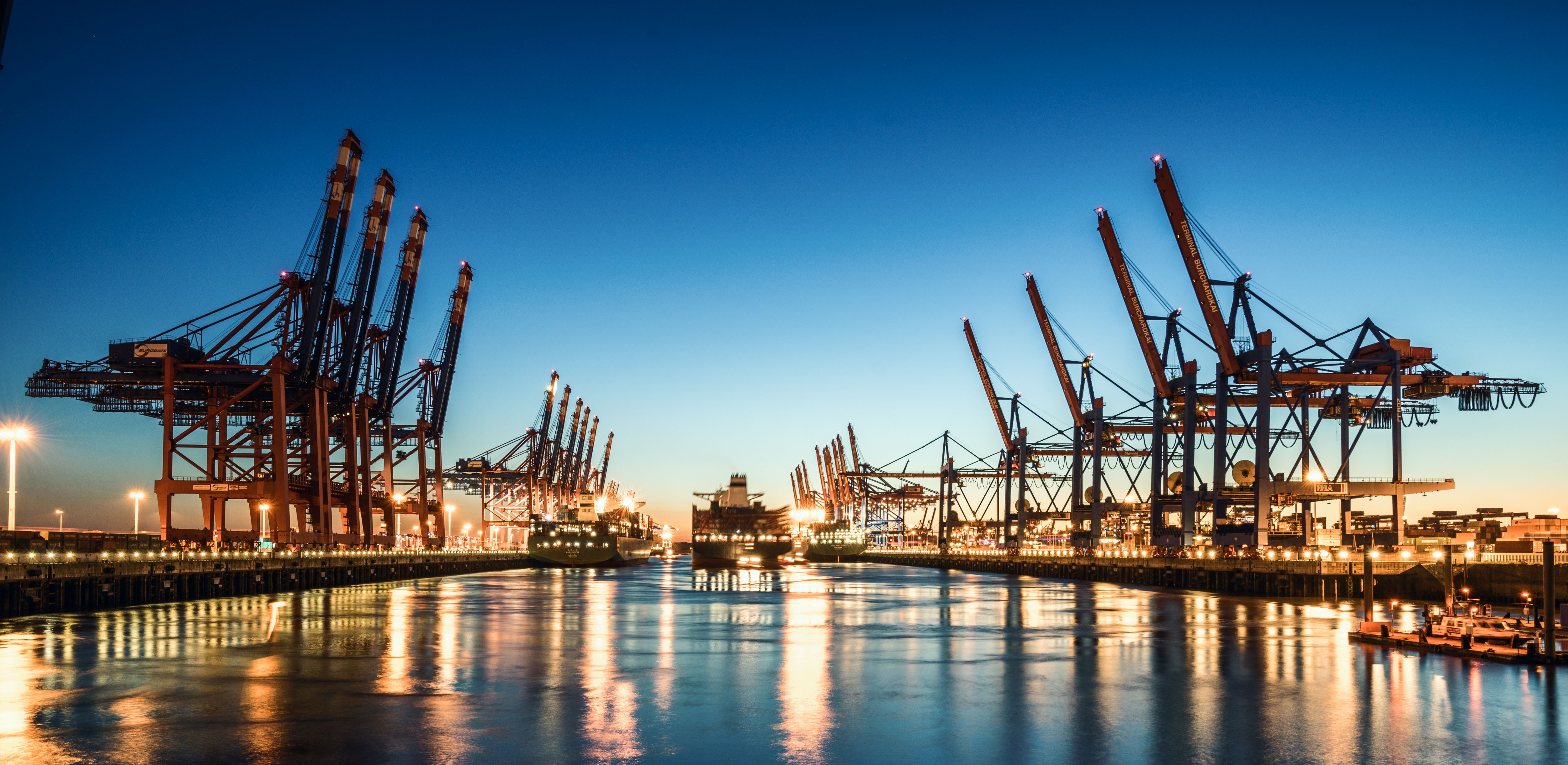
In the IOE&IT Daily Update’s latest supply chain round-up, we cover the announcement of internal changes at a global delivery company, a foul-up involving the Ukraine grain deal and a pair of air cargo updates.
FedEx changes models
International transport company FedEx has launched a massive restructuring that could see a radical overhaul of air and land-based supply chains.
The move will reportedly see several of the company’s subsidiaries combined into one unit, while staff drivers could be replaced by contractors.
According to the Daily Mail, the aim is to reduce costs by $6bn by fiscal 2027.
The move will come into effect from June 2024, with the eventual goal being to build a more “holistic” approach to delivery, with a fully integrated air-ground network.
Bloomberg reports that, although Wall Street analysts appear to like the idea, the complicated nature of the plans is likely to cause problems, with some observers noting that “things have not always gone to plan” with FedEx’s previous attempts at integration.
The corporate move would reportedly create a similar structure to rival UPS, which Reuters notes has “outperformed FedEx”, despite having a more expensive and unionised labour force. FedEx has confirmed that it will remain a non-union workplace.
Black Sea grain
The Black Sea grain Initiative had a brief hiccup over the Easter weekend.
According to a statement from the UN secretary-general, the Joint Coordination Centre (JCC) did not carry out any inspection of vessels on Monday 11 April.
As part of the agreement between Russia and Ukraine, brokered by the UN and Turkey, inspections and monitoring are carried out from the JCC in Istanbul, allowing crucial grain shipments and foodstuffs to be exported from Ukrainian ports.
Russian politicians have been increasingly sceptical about the long-term future of the agreement.
According to Reuters, Kremlin officials described the outlook on any extension as “not great”, citing concerns over Russia’s own exports in a deal that mirrored the Black Sea initiative.
The deal was extended in March, but only for another 60 days rather than the expected 120, as reported previously by the IOE&IT Daily Update.
Hamburg port
The sale of a key European port to a Chinese state-owned company has been thrown into doubt after the German Federal Office for Information Security recategorized the terminal as “critical infrastructure”.
Cosco, a shipping conglomerate based in China, had been permitted by the German government to purchase a 24.9% minority stake in the port. The move was controversial but didn’t give Cosco any control over management or strategic directions.
An economy spokesman told a press conference that the deal was being re-examined since “perquisites had changed”, according to Politico.
Bloomberg reports that German chancellor Olaf Scholz and foreign minister Annalena Baerbock are working together on a new policy on relations with China, with Berlin expected to be far more critical of China.
Scholz had previously been in favour of the purchase.
Air cargo
Data from the International Air Transport Association (IATA) for the month of February showed that air cargo demand had fallen compared to last year but had risen above pre-pandemic levels, possibly indicating a return to business as normal for the air freight industry.
“An optimistic eye could see the start of an improvement trend that leads to market stabilization and a return to more normal demand patterns, after dramatic ups and downs in recent years,” said Willie Walsh, IATA’s director general.
Global demand fell 7.5%, when compared to February 2022, but was 2.9% higher than the same period in 2019.
When compared to 2022, carriers across all continents saw reduced volumes in the month of February 2023, with European performance falling by 15.3%.
However, as reported by the Loadstar, analysis from Clive Data Services showed that March saw the largest year-on-year increase (16%), carrying with it “sense of a return to normalcy.”
Going Dutch
An ongoing row over air transport in the Netherlands has taken another turn, after a court ruling halted the government’s plan to reduce flights from the key European transport hub.
According to the FT, the Dutch government has been blocked from introducing a cap on flight numbers at Schiphol airport in Amsterdam, following a court ruling on 5 April.
EuroNews reports that the court, based in Haarlem, ruled that the correct procedure had not been followed when the new legislation was introduced.
Aviation interests – including cargo freighters and the operator of Schiphol – had initially been caught by surprise and had pushed back against the move, which would have reduced the maximum number of slots available to 440,000 a year, as well as banning certain night flights.
This is not the first time attempts to improve the Netherlands’ net zero record have faced a setback, as a rural-populist agricultural party took almost 20% of the vote at the 2023 provincial elections in protest at government plans to reduce nitrogen emissions.



